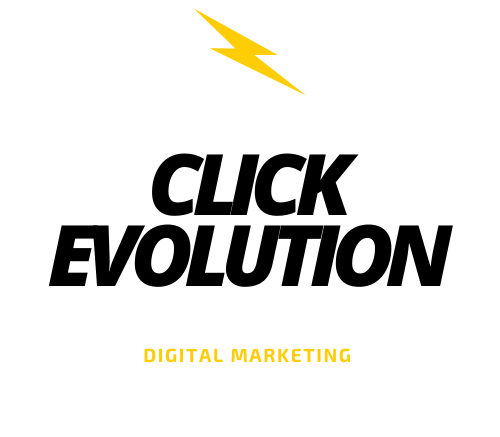There are many ways to stay healthy. Eating healthy can work wonders for a body, and working out brings many rewards. Dietary supplements are another way to stay healthy.
For those who want to build a business around selling supplements, the costs should be considered. We’ll break down what it costs to run a supplement business.
Dietary Supplements

People often seek ways to stay healthy. They’ll work with their local physicians to find out what the best steps are to keep a healthy lifestyle. Some individuals see going vegan as the best way to stay in shape. Others might watch what nutrients they are putting into their bodies daily. Whatever method is taken, there are a wide variety of ways to keep stability in how your body operates. One method of maintaining good health is using supplements.
Dietary supplements are manufactured products that are made with the intent of supplementing a person’s diet. A supplement can be a pill, capsule, tablet, powder, or liquid. For example, there are protein manufacturers that make powdered versions of proteins. These protein supplements include whey protein, casein protein, and soy protein. Included in these protein supplements and protein powders are ingredients such as whey protein isolate, papain, casein, and soybeans. Each ingredient brings its own nutritional value for anyone who decides to use the protein products. Some people will also use these supplements for weight loss and even cosmetics.
The important thing about dietary supplements is that, as mentioned before, they come in a wide variety of styles and even different tastes. There are some supplements that are vanilla flavored, helping with improving the taste of some supplements like whey proteins. Other sweeteners are used when blending the dietary ingredients to make the supplements more palatable. There are even some supplements that use spices to help their taste efficiency. These are just a few of the expert flavoring capabilities of supplements that can be ingested as powders or chewable tablets.
Before using such dietary supplements, make sure to consult your physician to see if supplements would be best for you. In addition, do your own homework and make sure that you’re buying the correct supplement. Once you’ve taken these first steps, go ahead and order some multivitamins or protein supplements from an online retailer. After that two-week lead time for shipping, you’ll soon be reaping the benefits of these items.
Costs of Starting a Supplement Business
If you decided to start a supplement business, it first helps to learn about your product. Once that’s done, then begin to figure out the costs that are associated with starting this new business. You’re going to need a variety of different tools to start your new business. This includes equipment, incorporation fees, office space, inventory, marketing (10 percent of your business costs), your website (approximately $40 a month), computer software, supplies, and utilities.
The general costs for starting a supplement business run between $5,000 and $10,000. These costs all incorporate each of the above-listed tools that you’ll need for starting a supplement business. For instance, you might want to invest in software that allows you to conduct design automation for creating advertising images for your business. Using this electronic design automation technology, you can convert graphics that you’ve created into smart templates through the aid of machine learning. Using this breakthrough technology, you can then print out digital images. This technology is but a fraction of the costs needed to start a supplement business.
Pros of Starting a Supplement Business

There are many pros to creating a supplement company. First, these businesses are often cheap to start. You don’t have to destroy your bank account by moving forward with that lifelong dream of being the best protein powder vendor around. Secondly, the business is scalable. You can constantly build on your goal of selling supplements such as whey protein, casein protein, and soy protein. Lastly, the demand for such supplement products like whey concentrates, gluten vitamins, rice protein extract, and multivitamins continue to stay high. There are many pros for deciding to start a business in the supplement field.

